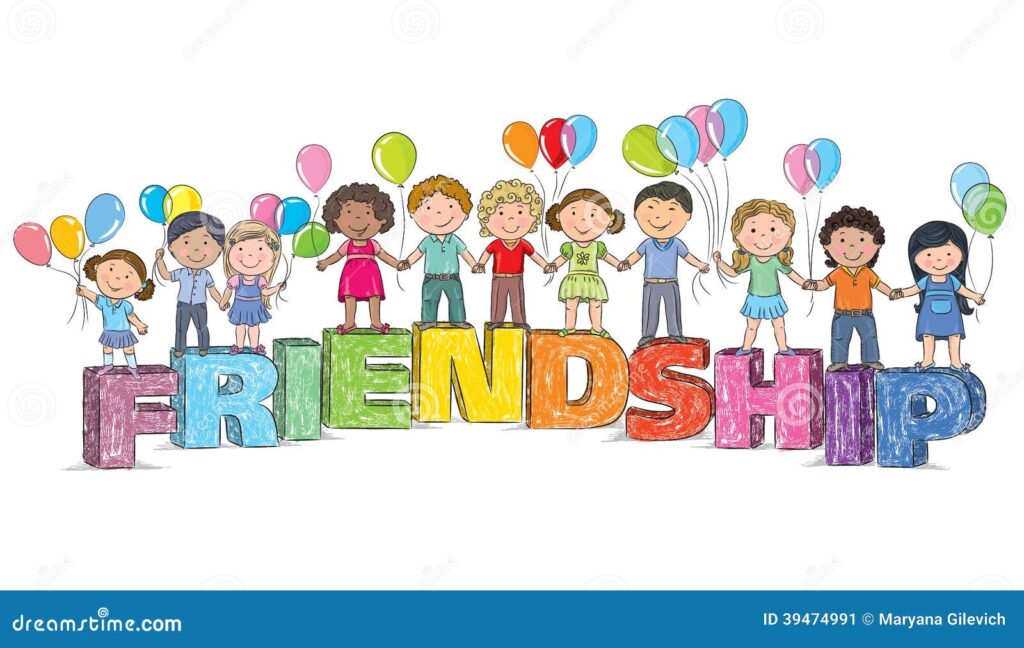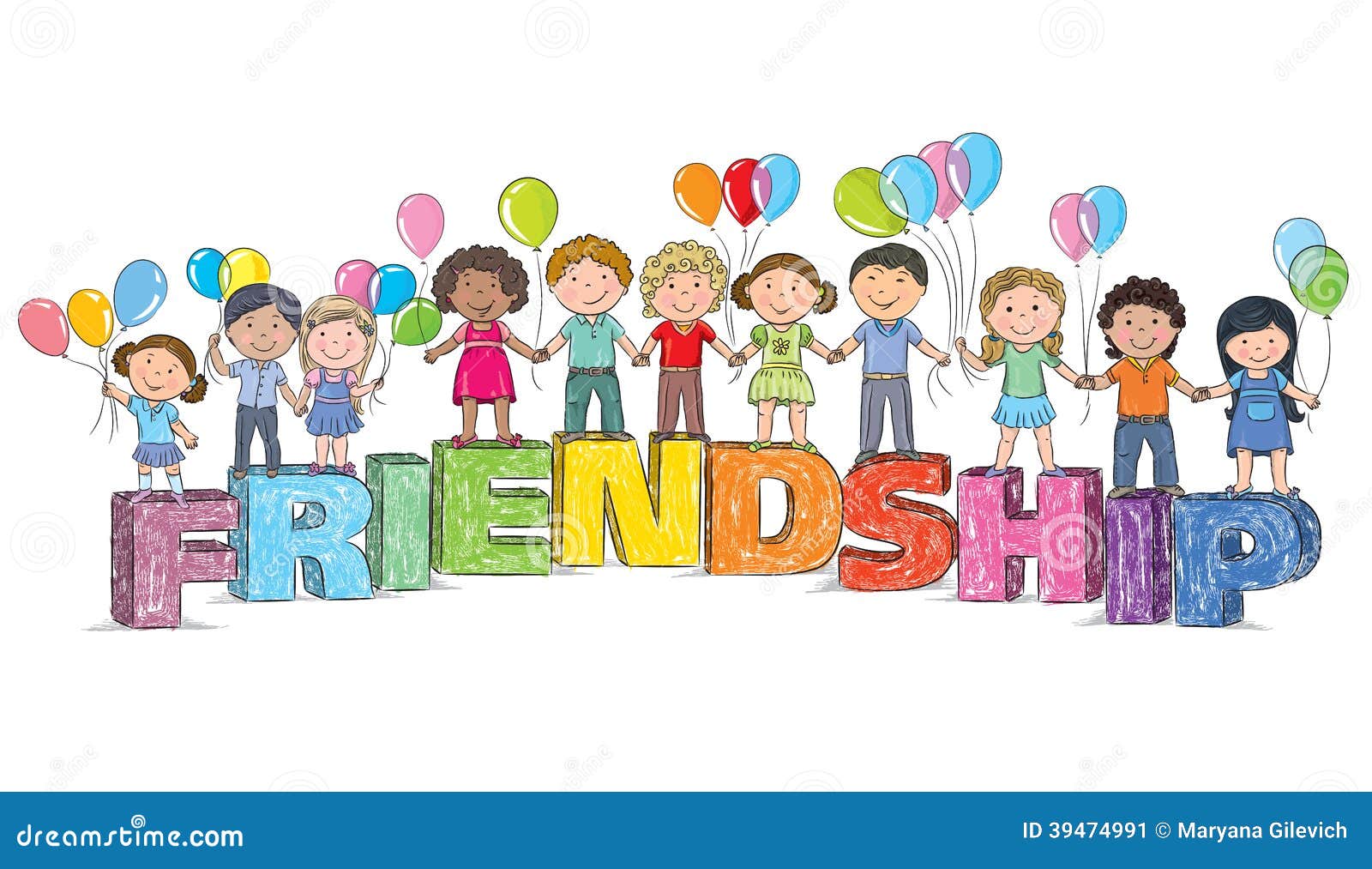
Navigating the Complex World of a Child’s Friend: Understanding the Importance and Impact
The role of a child’s friend is often underestimated, yet it plays a crucial part in their social, emotional, and cognitive development. These relationships offer companionship, support, and opportunities for learning essential life skills. Understanding the dynamics of these friendships is essential for parents, educators, and caregivers alike. This article delves into the significance of a child’s friend, exploring the different types of friendships, the benefits they offer, potential challenges, and how adults can support healthy peer relationships.
The Significance of Friendship in Childhood
Friendships in childhood are not merely about having someone to play with. They serve as vital building blocks for a child’s overall well-being. Through interactions with a child’s friend, children learn to navigate social situations, develop empathy, and build self-esteem. These early friendships lay the foundation for future relationships and contribute significantly to their social competence.
Children learn to share, cooperate, and resolve conflicts within the context of their friendships. These skills are crucial for success in school, the workplace, and in personal relationships throughout their lives. The presence of a child’s friend can also buffer against the negative effects of stress and adversity, providing a sense of belonging and security.
Types of Friendships in Childhood
Friendships evolve as children grow and develop. The nature of a child’s friend often changes with age. Early friendships are often based on proximity and shared activities, such as playing together in the park or attending the same daycare. As children mature, friendships become more complex and are based on shared interests, values, and emotional connection.
- Playmate Friendships: Common in early childhood, these friendships are primarily based on shared play and activities.
- Instrumental Friendships: These friendships are based on mutual benefit, where children help each other to achieve specific goals.
- Intimate-Mutual Friendships: These friendships are characterized by trust, loyalty, and emotional support. These are more common in later childhood and adolescence.
- Clique Friendships: These involve a small group of friends who share similar interests and social status. While they can provide a sense of belonging, they can also lead to exclusion and social pressure.
Benefits of Having a Child’s Friend
The benefits of having a child’s friend are numerous and far-reaching. These relationships contribute to a child’s social, emotional, cognitive, and even physical well-being.
Social Development
Friendships provide opportunities for children to practice social skills, such as communication, cooperation, and conflict resolution. Through interactions with a child’s friend, children learn to understand and respond to social cues, negotiate disagreements, and develop empathy.
Emotional Development
Friendships offer emotional support and a sense of belonging. Having a child’s friend can help children cope with stress, anxiety, and feelings of loneliness. Friends provide a safe space to share their feelings and experiences, and to receive validation and support.
Cognitive Development
Friendships stimulate cognitive development by providing opportunities for children to learn from each other. Through play and interaction with a child’s friend, children develop problem-solving skills, creativity, and critical thinking abilities. They also learn about different perspectives and ways of thinking.
Self-Esteem and Confidence
Having a child’s friend can significantly boost a child’s self-esteem and confidence. When children feel accepted and valued by their peers, they are more likely to feel good about themselves. Friendships provide a sense of belonging and contribute to a child’s overall sense of well-being. A good child’s friend can be instrumental in building confidence.
Potential Challenges in Children’s Friendships
While friendships offer numerous benefits, they can also present challenges. Children may experience conflicts, exclusion, or even bullying within their peer relationships. It’s important for parents and educators to be aware of these potential challenges and to provide children with the support they need to navigate them effectively. A child’s friend might unintentionally cause harm, even if not malicious.
Conflict Resolution
Conflicts are a normal part of any relationship, including friendships. However, children may not always have the skills to resolve conflicts effectively. Parents and educators can teach children conflict resolution strategies, such as active listening, compromise, and problem-solving.
Exclusion and Bullying
Exclusion and bullying can have a devastating impact on a child’s self-esteem and well-being. It’s important for parents and educators to create a supportive and inclusive environment where all children feel valued and respected. Interventions to address bullying should focus on both the victim and the perpetrator, and should involve the entire school community. A child’s friend becoming a bully is a serious situation requiring immediate attention.
Peer Pressure
As children enter adolescence, they may experience peer pressure to engage in risky behaviors, such as drug use or underage drinking. Parents and educators can help children resist peer pressure by teaching them assertiveness skills, critical thinking abilities, and the importance of making healthy choices. Open communication and a strong parent-child relationship are also crucial for helping children navigate peer pressure effectively. Even a seemingly harmless child’s friend can exert negative influence.
Supporting Healthy Peer Relationships
Parents, educators, and caregivers play a crucial role in supporting healthy peer relationships. By providing children with opportunities for social interaction, teaching them social skills, and creating a supportive and inclusive environment, adults can help children develop strong and positive friendships. A child’s friend can become a lifelong companion with the right support.
Providing Opportunities for Social Interaction
Children need opportunities to interact with their peers in a variety of settings, such as school, extracurricular activities, and community events. Parents can also arrange playdates and social gatherings to help their children build friendships. Creating a space for a child’s friend to visit and play can be very beneficial.
Teaching Social Skills
Parents and educators can teach children social skills, such as communication, cooperation, and conflict resolution. Role-playing, social stories, and cooperative games can be effective tools for teaching these skills. Modeling positive social behavior is also important.
Creating a Supportive and Inclusive Environment
It’s important to create a supportive and inclusive environment where all children feel valued and respected. This includes addressing bullying and exclusion, promoting diversity and acceptance, and fostering a sense of community. Ensuring that a child’s friend feels welcome and safe is paramount.
The Long-Term Impact of Childhood Friendships
The friendships children form during their early years can have a lasting impact on their lives. Positive childhood friendships are associated with better mental health, higher self-esteem, and greater social competence in adulthood. These early relationships lay the foundation for future relationships and contribute significantly to overall well-being. Nurturing a child’s friend is an investment in their future.
Conversely, negative childhood experiences, such as bullying or social isolation, can have long-term consequences for mental health and social adjustment. It’s essential to address these issues early on to prevent them from becoming chronic problems. The absence of a child’s friend can be detrimental to a child’s development.
In conclusion, understanding the importance and impact of a child’s friend is crucial for fostering healthy social and emotional development. By providing support, guidance, and opportunities for positive peer interactions, parents, educators, and caregivers can help children build strong and lasting friendships that contribute to their overall well-being. The influence of a child’s friend should never be underestimated; it shapes their world and their future.
[See also: The Importance of Social Skills in Children]
[See also: How to Help Your Child Make Friends]
[See also: Dealing with Bullying: A Guide for Parents]

